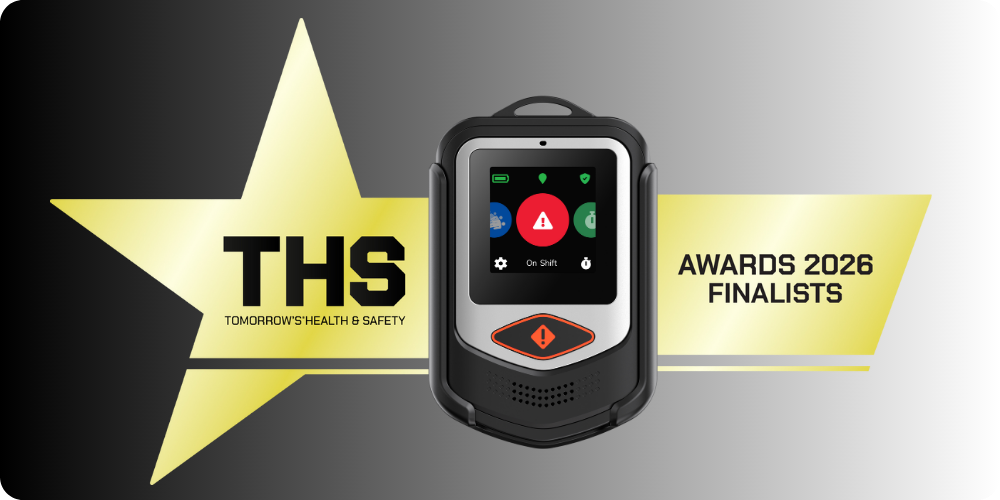Worker Protection Bill 2022-23: What Employers Must Do to Keep Employees Safe
Learn how the Worker Protection Bill 2022-23 changes UK workplace laws. Discover employer duties, new compensation rules, and how to prevent workplace harassment.

Worker Protection Bill 2022-23: Key Employer Responsibilities & Compliance Steps
This blog was updated September 2024
The UK government is introducing the Worker Protection Bill 2022-23 (Amendment of Equality Act 2010) a major update to workplace discrimination laws. Having started in October 2024, employers should be taking proactive steps to prevent harassment or face compensation penalties. Find out what this means for your business.
This Bill represents one of the most significant UK employment law updates to the UK's workplace discrimination laws since the 2010 Equality Act. It places a proactive duty on employers to take reasonable steps on how to prevent workplace harassment of their employees. Starting in October 2024, employers will face stricter expectations, including potential compensation uplifts of up to 25% if they fail to meet these obligations.
Why Was the Worker Protection Bill 2022-23 Introduced?
In 2018, the Women and Equalities Select Committee (WESC) published a report highlighting the extent of sexual harassment in workplaces. This report, along with campaigns by groups like the Fawcett Society, prompted the UK government to conduct its own consultation, revealing that 54% of respondents had experienced workplace harassment.
Workplace harassment, especially sexual harassment, has been a longstanding issue. A 2022 Gender Equality in the Workplace report by Randstad found that 72% of surveyed women had experienced or witnessed harassing behaviour from male colleagues, and 67% had faced gender discrimination. Additionally, 32% felt their careers were negatively impacted by sexual harassment.
Harassment isn't limited to colleagues; it can also come from third parties. A 2018 report by the TUC found that 36% of 18-34 year-olds who experienced workplace harassment identified third parties as the perpetrators. Although the duty to prevent third-party harassment was dropped, employers still have responsibilities to address harassment from third parties, including customers.
Key Changes in the Worker Protection Bill 2022-23
The 2022 – 2023 Bill will make three key amendments to the Equality Act 2010:
1. Proactive Duty on Employers
Employers must take reasonable steps to prevent sexual harassment of employees during their work. This goes beyond existing vicarious liability for employee misconduct and extends protection to cover harassment by third parties. Employers will need to provide training on harassment, have equal opportunities and harassment policies, and regularly review these policies.
2. Compensation Uplift
If employers fail to take reasonable steps to protect employees from sexual harassment, they may face a compensation uplift of up to 25%, with no statutory cap, incentivising stricter adherence to the new guidance.
3. Protection Against Harassment by Third Parties
While specific third-party workplace harassment laws were initially proposed, the obligation to prevent harassment by third parties was not fully adopted. However, employers still bear some responsibility in ensuring employees are safeguarded from all forms of harassment, including from third parties like clients or customers.
A Proposed Amendment to Balance Free Speech
The proposed amendment to address concerns about potential restrictions on free speech was included in the Bill. This amendment aims to address concerns about potential restrictions on free speech by clarifying what employers are expected to do and setting limits on what is considered reasonable. Specifically, it states that employers won’t be liable for acts that normally amount to harassment if certain conditions are met, particularly related to the context of conversations.
However, this amendment does not apply to sexual harassment, raising concerns that it could create confusion and offer less protection in these cases.
How Employers Can Make Changes for the Worker Protection Bill
As the law has come into force, employers should have:
- Reviewed policies: Examined existing harassment, bullying, equal opportunity, and relevant policies. Updated them to include training on different harassment scenarios, including third-party harassment, and provided guidance on intervention and support for victims.
- Established reporting lines: Ensured clear reporting mechanisms so that employees can report harassment confidently and safely.
- Identified risks: Identified harassment risks based on specific roles and circumstances. Considered which roles interact with third parties and in what environments, and think about how the risks can be heightened for those who work alone. Consulted employees or representatives for their input on potential control measures such as personal safety apps like SoloProtect Mobile.
- Incident reporting: Created or updated registers for reporting harassment incidents, adhering to data protection and storage requirements.
By taking these steps, employers can better navigate the changes of the Worker Protection Bill and create safer workplaces for their employees. Failure to comply may not only result in compensation uplifts but could also lead to claims of constructive dismissal, a critical point employers should keep in mind.
How Can a Personal Safety Device or App Help Deter and Resolve Workplace Harassment?
Rolling out personal safety devices or mobile apps can give workers peace of mind that they can quickly and easily call for help if harassment occurs.
Users can either use the device/app as an overt deterrent or, where this may cause a situation to escalate, they can discreetly press a Red Alert panic button and know that an Alarm Receiving Centre operator will be listening in, locating the device or phone and swiftly sending help.
Furthermore, audio recordings captured during these incidents serve as valuable evidence in subsequent investigations, promoting accountability and facilitating fair resolutions.
Useful resources:
- Stalking and Harassment: definitions, differences, and deterrents
- Equality Human Rights Guidance
- CIPD Guidance
Protect your employees from workplace harassment and comply with the Worker Protection Bill 2022-23. Contact SoloProtect today to explore lone worker safety solutions that provide real-time protection and compliance support.
Book a free demo, request a quote, or get answers to your questions:
- Book a Lone Worker Safety Demo →
- Get a No-obligation Quote →
- Contact Us →
- Call us: 0114 399 6000
Your message has been received and we will be in touch shortly.
Frequently Asked Questions
Worker Protection Bill 2022-23: FAQs for Employers
When does the Worker Protection Bill 2022-23 come into effect?
The Worker Protection Bill takes effect in October 2024, requiring employers to take proactive steps to prevent workplace harassment.
What are the penalties for non-compliance?
Employers who fail to prevent harassment may face compensation uplifts of up to 25% and potential legal claims.
How can businesses comply with the Worker Protection Bill?
Businesses should update harassment policies, provide staff training, and implement clear reporting procedures.











.webp)








.png)
